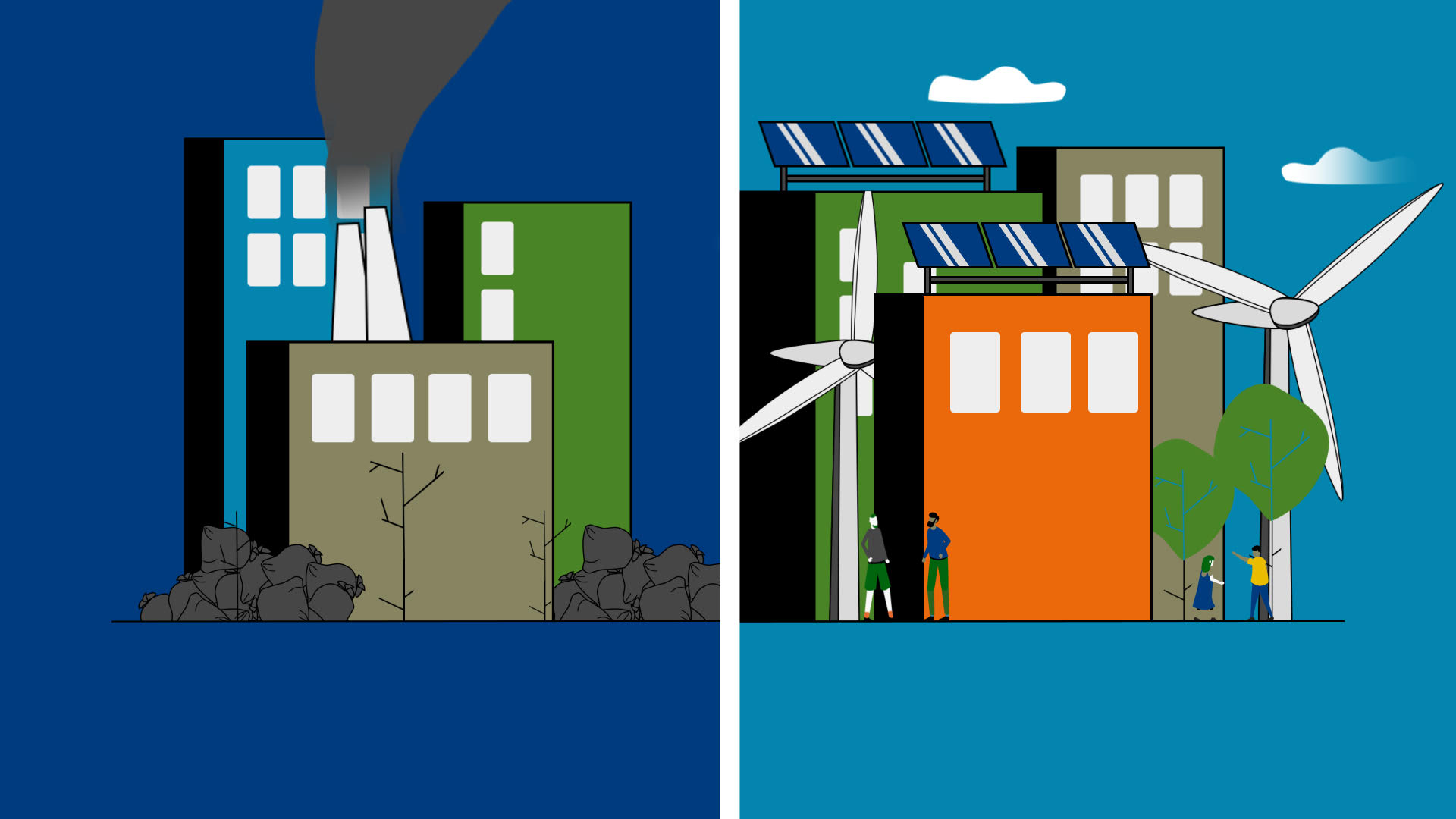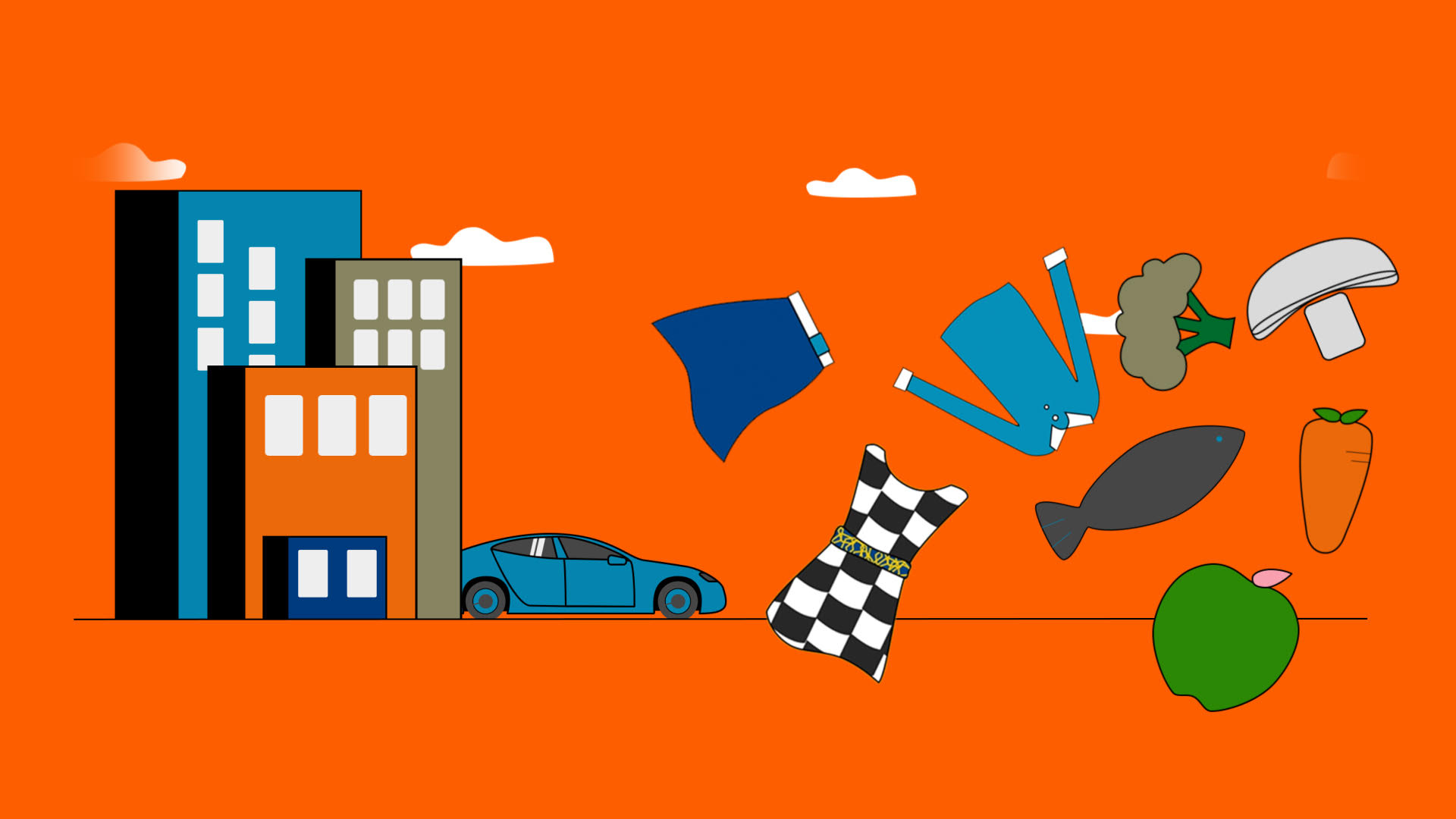Circular economy: the key to halting climate change
The circular economy can help us rewrite our future and lead us away from the devastating path of climate change.
22/08/2023

From floods to forest fires to melting ice caps, everywhere we turn we can see the devastating impact of climate change. It is a human-made problem and we humans need to change our behaviours to solve it.
Forty-five per cent 1 of the emissions that cause climate change come from the production of the buildings, cars, clothes and food in our everyday lives.
The circular economy will help us rethink how we make these everyday things – how we can reduce our emissions and set ourselves on the right path to the Paris Agreement target of reducing the Earth’s temperature by 1.5 degrees.
If we apply the circular economy in just five areas – cement, aluminium, steel, plastics and food – we can clean out 9.3 billion tonnes of CO2 from our atmosphere by 2050. That’s the equivalent of cutting all transport emissions to zero2.
1- https://emf.thirdlight.com/link/w750u7vysuy1-5a5i6n/@/preview/1?o
2- https://ellenmacarthurfoundation.org/completing-the-picture

How will the circular economy help? Circular economy principles design out waste and pollution at every stage of the making process, and reduce overuse of harmful products.
Take cement as an example. It is used widely across the planet to help build our world. Yet cement manufacturing produces 8% of global annual CO2 emissions 3. To make cement, fossil fuels or waste are burned to superheat lime in a kiln and produce calcium oxide — a chemical process that results in further CO2 emissions.
We could rethink the way cement is manufactured to make it capture carbon rather than release it, using new materials or new applications. This is an example of the impact circular-economy thinking can have.
3- https://medium.com/circulatenews/building-a-world-free-from-waste-and-pollution-575efb9a6a47
Intesa Sanpaolo is the first strategic financial services partner of the Ellen MacArthur Foundation, which campaigns for transition to the circular economy.
Watch the film to find out more about how it can help us reverse climate change and assure our planet’s future.


